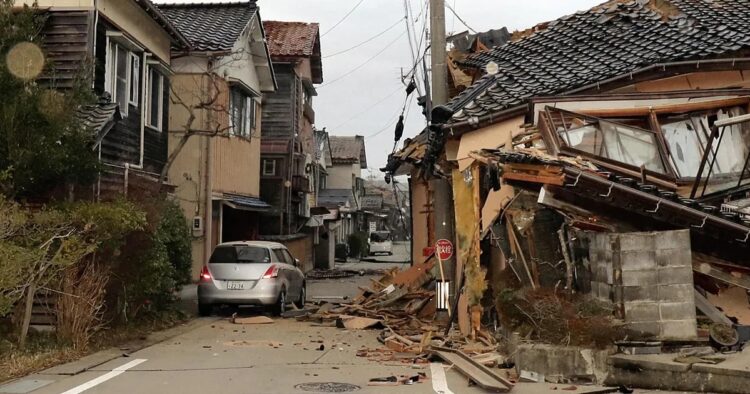On Friday, the Indian embassy in Tokyo urged all citizens in Japan to pay close attention to local guidelines and updates. This advisory comes in response to a recent earthquake warning from Japanese authorities.
The Japan Meteorological Agency (JMA) has issued its first-ever advisory about a potential massive earthquake along Japan’s Pacific coast. This comes after a magnitude 7.1 earthquake struck the southwestern island of Kyushu earlier the same day. The JMA’s warning is focused on the Nankai Trough, a deep ocean trench where past earthquakes have caused severe tsunamis.
The Govt of Japan has promulgated an advisory for preparedness for Natural Disasters. All Indian citizens in Japan are advised to follow the advisories promulgated by the Japanese authorities and monitor the website and social media handles of Embassy of India Tokyo. pic.twitter.com/Ef5lD08Yjb
— India in Japanインド大使館 (@IndianEmbTokyo) August 9, 2024
In reaction to the advisory, the Japanese government has convened a disaster response meeting and declared a state of alert. Prime Minister Fumio Kishida has decided to cancel his plans to visit Central Asia and Mongolia this weekend. Instead, he will stay in Japan to oversee disaster preparedness and communication efforts. Kishida acknowledged the anxiety caused by the unprecedented advisory and indicated that meetings with regional leaders might be held online.
The JMA has raised the probability of a significant earthquake in the Nankai Trough to a one-in-several-hundred chance. This area has a history of triggering enormous tsunamis when earthquakes occur. The increased risk has led to heightened public concern and preparations.
Following the warning, some supermarkets in Shizuoka, a region near the Pacific coast, are experiencing supply shortages. Customers have been buying up bottled water and reheatable rice packs in preparation for potential emergencies. Signs in some stores now read: “We are currently out of bottled water following reports of the Nankai Trough earthquake,” apologizing to customers for the inconvenience.
Japan is known for its high seismic activity. In 2011, a magnitude 9 earthquake caused a devastating tsunami and led to severe meltdowns at a nuclear power plant, resulting in the deaths of more than 15,000 people. The current warning highlights the continued risk and the importance of being prepared for possible future disasters.

















Comments